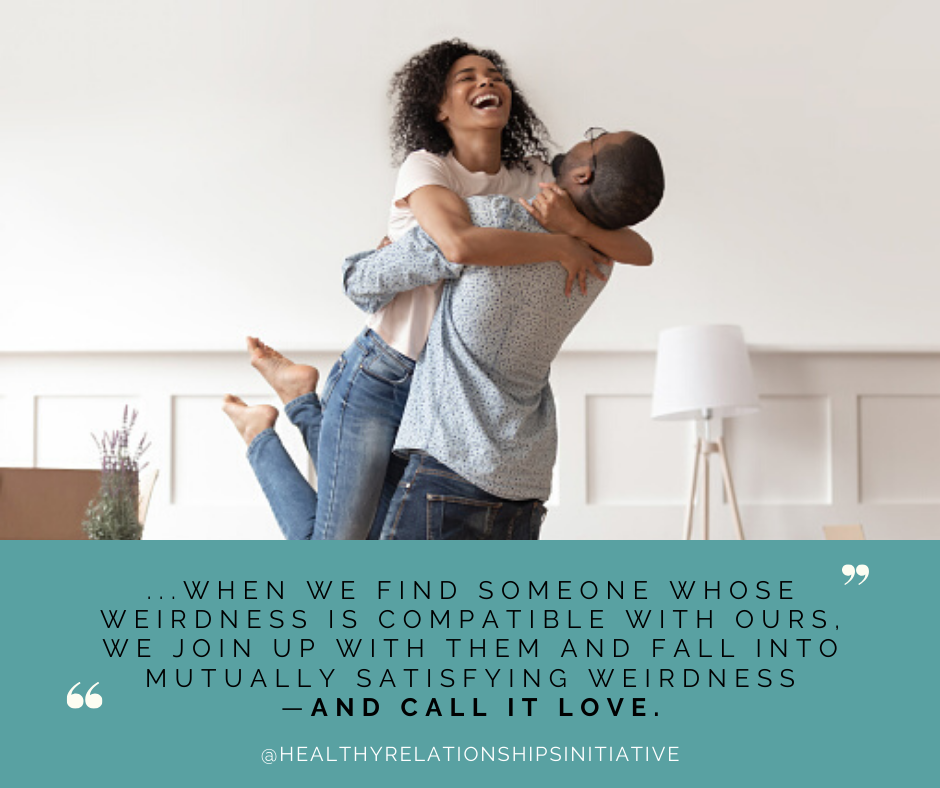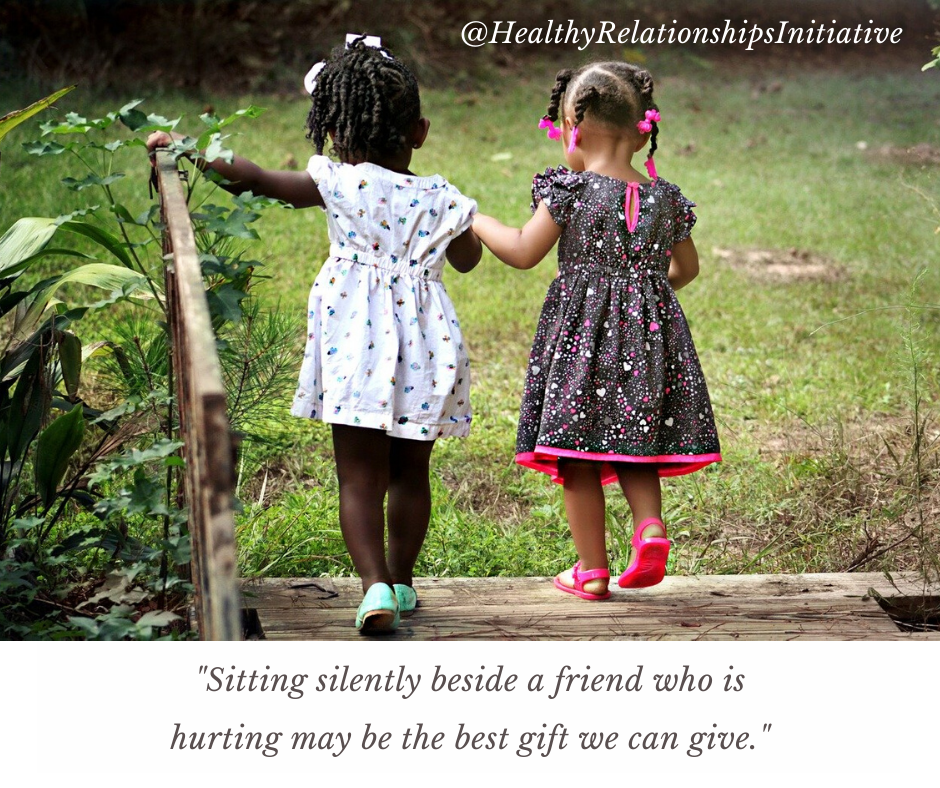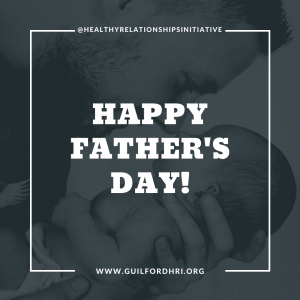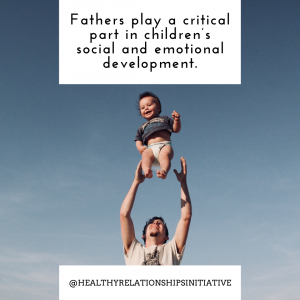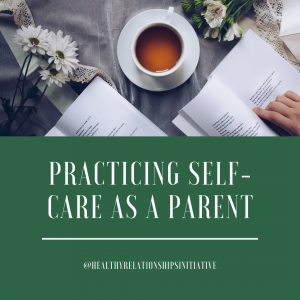
As a parent, finding time for self-care and relaxation can be a challenge, especially during the summer months when school is out. This is especially true with the changes we’ve faced over the past several months due to the coronavirus pandemic. While finding time for yourself can be difficult, it’s also extremely important for your overall health and well-being. Not only does self-care help you feel rested and improve your mental and emotional health, but it also improves your ability to show up for your kids!
Throughout this week, we’ll be sharing strategies to help you practice self-care and relaxation this summer!

